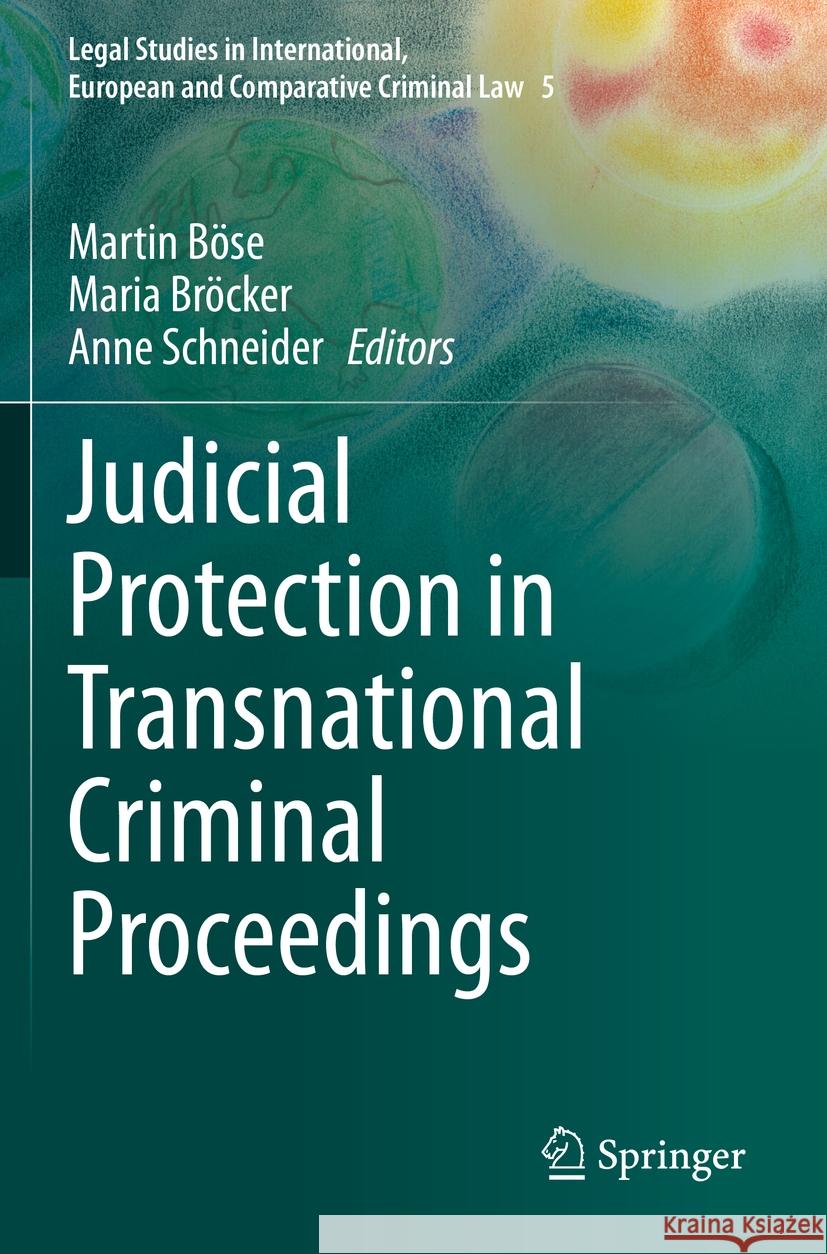Judicial Protection in Transnational Criminal Proceedings » książka
topmenu
Judicial Protection in Transnational Criminal Proceedings
ISBN-13: 9783030557980 / Angielski / Miękka / 2021 / 452 str.
Kategorie:
Kategorie BISAC:
Wydawca:
Springer
Język:
Angielski
ISBN-13:
9783030557980
Rok wydania:
2021
Ilość stron:
452
Waga:
0.62 kg
Wymiary:
23.39 x 15.6 x 2.31
Oprawa:
Miękka
Wolumenów:
01
Dodatkowe informacje:
Wydanie ilustrowane











